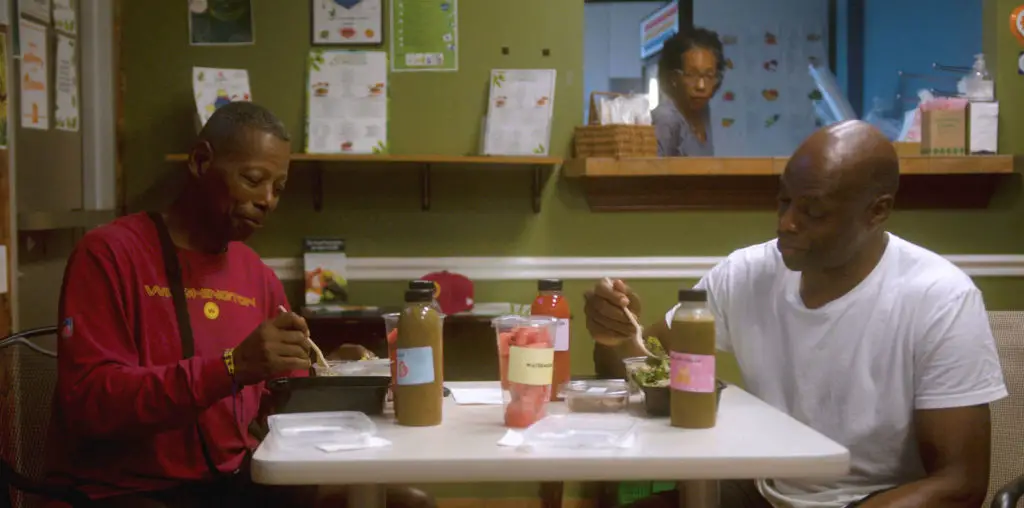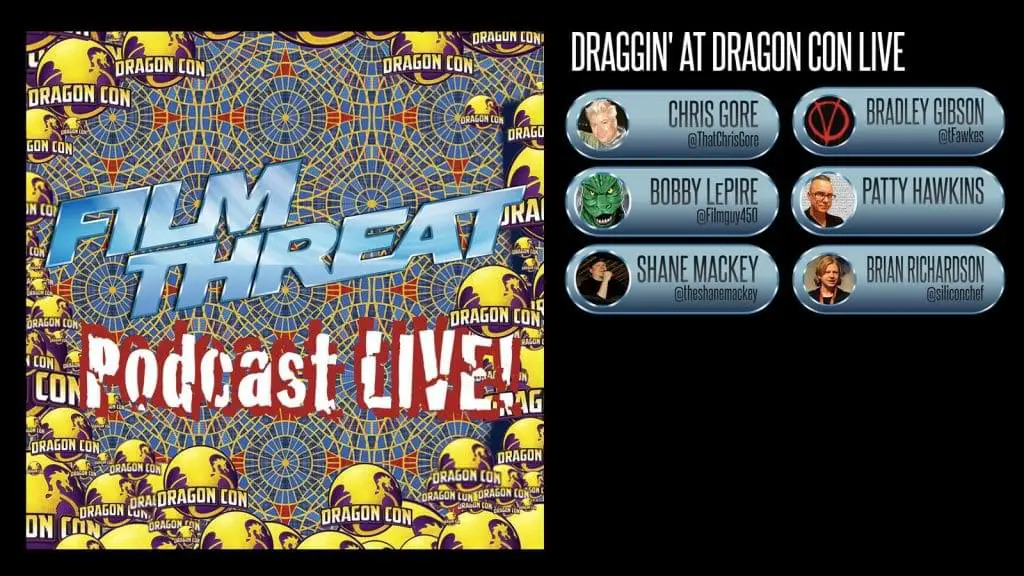
One problem with setting your film noir in Los Angeles is that no matter how many hard-boiled detectives, double-crossing dames, filterless cigarettes, or lonely trumpets serenading the darkness you have, you can’t escape that infernal SoCal sunshine. This isn’t generally a deal breaker, provided you have an accomplished director (“The Big Sleep’s” Howard Hawks), a superb screenplay (“L.A. Confidential”), or a stellar cast (ditto). Any competent amalgamation of these elements can effectively transport the viewer to the seedy 1940s, regardless of the need for sunblock. In the case of “The Black Dahlia,” none out of three ain’t bad.
In point of fact, it’s terrible, and so is this film. Based on James Ellroy’s superior novel about the grisly unsolved 1947 murder of aspiring actress Elizabeth Short (Mia Kirshner), “The Black Dahlia” is Brian De Palma’s first directorial effort since 2002’s craptastic “Femme Fatale.” De Palma, best known for creating a regrettable wannabe gangsta phenomenon with “Scarface,” pulls out all his old Hitchockian tricks (the “long take,” the “you are there” scene construction), but ends up treating what should be a nimble mystery with ham hands.
The story follows a pair of Los Angeles detectives, Lee Blanchard (Aaron Eckhart) and Dwight “Bucky” Bleichert (Josh Hartnett), two ex-boxers partnered up to investigate the case of Short, found chopped in half with a smile cut ear-to-ear. Blanchard and Bleichert are the standard Ellroy dyad; Lee is a hothead with childhood issues explaining his overprotective attitude towards women (Bud White, Pete Bondurant), Bucky is colder and more deliberate (Ed Exley, Ward Littell). Dubbed “Mr. Fire” and “Mr. Ice” by the media, the two take different strategies toward solving the murder. Lee becomes obsessed with avenging the girl, while his partner follows sparse leads that hint at Short’s possible dalliances with the same sex (allowing De Palma to film an unnecessary elaborate lesbian bar scene) and connection with the Linscotts, an influential Los Angeles family whose fortune was built on Hollywood construction.
To balance all the machismo we have Kay Lake (Scarlett Johansson), a former bad girl rescued by Lee from her abusive boyfriend, and Madeleine Linscott (Hilary Swank), romanced by Bucky during the course of his sleuthing.
Josh Friedman’s adaptation of Ellroy’s novel showcases none of the latter’s gift for dialogue. Indeed, the cast often seems like they’re auditioning for a Zucker Brothers noir parody. Lines that should be delivered with subtle venom are instead uttered with half-smirks behind poorly mimed pulls off cigarettes (few modern day actors chain smoke like Bogie used to). The end product is probably going to result in more unintentional laughter than the filmmakers would like.
Eckhart is uneven, as is Swank, who nonetheless chews the scenery amusingly. Even so, that’s as damning an indictment as you’re likely to hear regarding their efforts, but what really sinks “The Black Dahlia” from an acting perspective is the effort put forth by Johansson and Hartnett. As the two leads, it’s apparent that neither should be allowed to carry a film on their own. Johansson is predictably terrible. She’s never been able to project much beyond boredom or slack-jawed bewilderment, and her performance here is the cinematic equivalent of nails on a feces-covered blackboard, but she’s miles ahead of Hartnett. To say he lacks charisma or screen presence is like saying Hurricane Katrina caused a few problems. An apparent student of the Harrison Ford School, in which a furrowed brow is meant to convey every conceivable emotion, Hartnett could put Ned Flanders into a boredom-induced coma.
“The Black Dahlia” isn’t a return to form for De Palma who, let’s face it, hasn’t had anything approaching “form” for almost 20 years. It looks stylish, sure, but the script is laughable and the acting is ridiculous. If Hollywood decides to adapt Ellroy’s “American Tabloid,” hopefully they’ll coax Curtis Hanson and Brian Helgeland back to take the reins.

